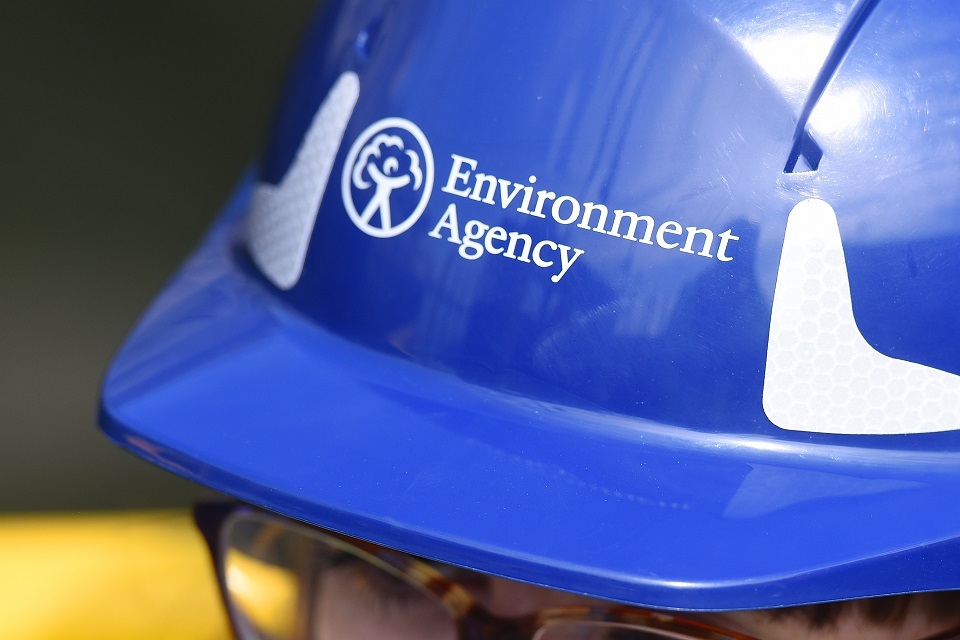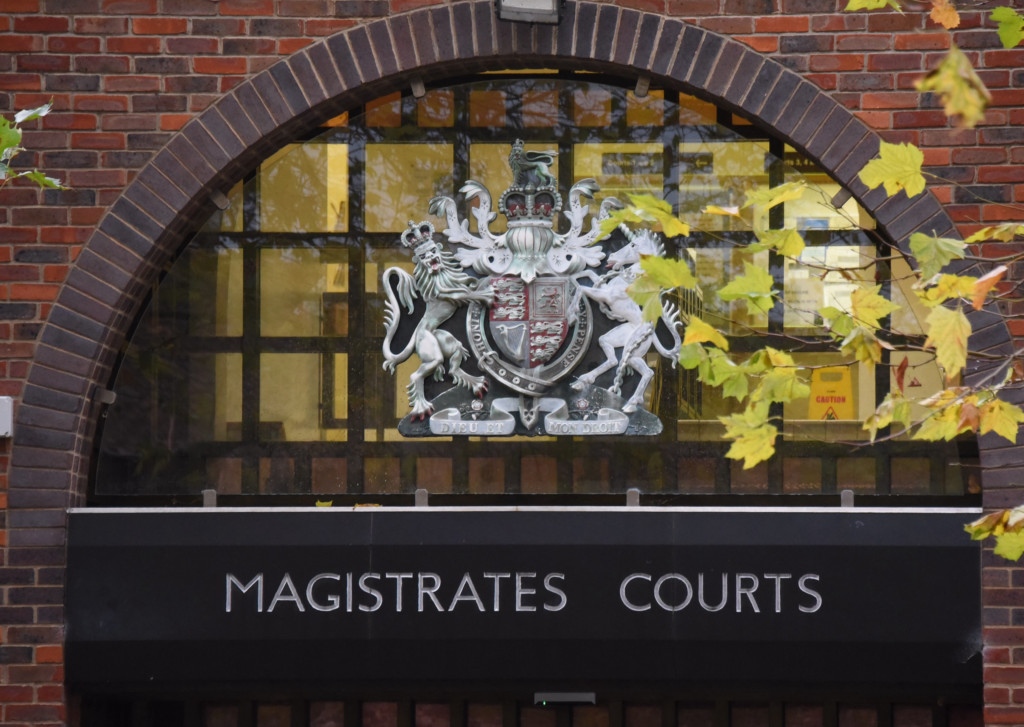Air quality forces changes at North Shores, Lewes beach patrols

The harmful effects of Canadian wildfires have reached the coasts of Delaware beaches.
Amid deteriorating air quality and a code red from the Delaware Department of Natural Resources and Environmental Control, some Delaware beach patrols are taking measures to protect their seasonal and full-time employees.
Shortly following the code red and an email from DNREC explaining the worsening air quality, North Shores Beach Patrol Capt. Kent Buckson decided to reduce his staff for Thursday, June 8, by 90%, leaving a few senior lifeguards to patrol the beach from their cars. He sent out a text to surrounding patrols explaining his reasoning.
“Due to a forecasted unhealthy air quality index to be at or near 168 and an index of 200, considered to be very unhealthy, I am planning to alter North Shores lifeguarding and community operations,” Buckson said in a text. “I recommend reducing staff, operate inside as much as possible and patrol via vehicles for all seasonal outdoor operations.”
Buckson said that while the No. 1 goal of his operation is public safety, it is important to protect and take care of those protecting and caring for others. Many of the guards on his patrol and surrounding operations are seasonal employees. Buckson added that it’s not just public safety employees who could be exposed and hopes other industries consider the health of their seasonal employees.
Lewes Beach Patrol Capt. Strohm Edwards is implementing a rotating watch with his guards on Lewes Beach. His plan is to run two lifeguard stands and rotate the guards in and out. Edwards said his patrol cannot maintain observations from the parking lot, but it is planning to have guards patrol for about a half hour while rotating back inside for an hour. He has advised any of his guards with medical issues to take the day off.
“I strongly recommend not going to the beach tomorrow, especially the elderly and those with existing medical conditions,” Edwards said. “There will be plenty of other great beach days this summer.”
Edwards said the situation is unprecedented in his time serving as a lifeguard. He said LBP will monitor the situation and make decisions in the interest of the safety of the guards and the public. He said he will work with Lewes Parking Enforcement to ensure its staff remains safe.
Rehoboth Beach Patrol Capt. Jeff Giles said his operation will be following DNREC’s lead in regard to a reduction or modification. Giles said DNREC has issued a warning, but they have not reduced their staff, and as summer inches closer, their beach is beginning to fill up more and more.
Farther south, Dewey Beach Patrol Capt. Todd Fritchman finds himself in a different situation. He said Dewey has been inundated with the most “June bugs” he has witnessed in his 44 years of patrolling the Delaware waters. June bugs are mostly recent college and high school graduates celebrating their recent accomplishments.
“We are at full force and have a capacity crowd with these June bugs,” he said. “Our hands are full with managing public safety, and so we’ll be at full staff and maintain normal operations.”
Fritchman said his patrol has experienced problems and their focus remains on patrolling the waters and regulating disruptive, sometimes unlawful, behavior.
According to DNREC, Delaware’s air quality score was 158 June 7 and is predicted to be about 161 June 8. On a scale of 0-500, the two scores fall into the unhealthy range. The agency said sensitive groups affected by particle pollution exposure who benefit the most from exposure-reduction measures include people with heart or lung diseases, older adults and children.
The Delaware Department of Health and Social Services advises residents and visitors to avoid strenuous outdoor activity. They add that people with respiratory conditions should stay inside and make sure they have their inhalers or medicine.
The Cape Gazette has reached out to DNREC for further comment and its plans regarding beach patrols on state beaches, but has not yet heard back. This story will be updated with any information received.
The air quality control map and information about the ratings can be found at AirNow.gov.



/cloudfront-us-east-2.images.arcpublishing.com/reuters/V3EY5DSGZRNYNNGUZ45F7Q44AM.jpg)









